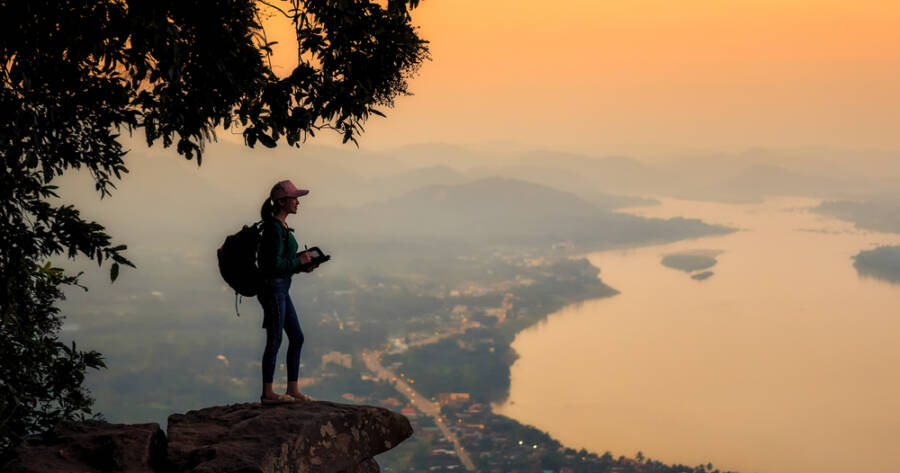Cultural immersion can be one of the most rewarding aspects of travel, offering the opportunity to connect deeply with local traditions, lifestyles, and perspectives. However, diving into an unfamiliar culture requires thoughtfulness and preparation to ensure a meaningful and respectful experience. Asking the right questions before embarking on your journey can help you navigate cultural nuances while maximizing your learning and enjoyment.
What Are the Local Customs and Etiquette?
Every culture has its own unique set of customs, manners, and traditions that guide daily interactions. Understanding these is a cornerstone of cultural immersion. Before you go, consider researching:
- Greeting rituals: Do people shake hands, bow, or use other gestures?
- Dining etiquette: What are the local practices around meals? Are there utensils or specific hand gestures to be mindful of?
- Dress codes: Are there cultural or religious expectations for modesty or attire?
This kind of preparation can help you avoid unintentional disrespect and show your willingness to engage thoughtfully. Keep in mind that even if you make a mistake, demonstrating an effort to follow local customs is often appreciated.
How Can I Learn Key Phrases in the Local Language?
While fluency isn’t necessary, learning a few basic phrases in the local language can open doors and foster goodwill. Start with greetings, expressions of gratitude, and common questions such as, “Where is…?” or “How much?” Language apps, online tutorials, or even a phrasebook can be helpful.
When you make the effort to communicate in the local language, it shows respect and curiosity. Locals might even be more inclined to share insights or assist you, recognizing your genuine interest in their culture.
What Are the Unspoken Rules?
Many cultural expectations are subtle and not immediately obvious. For example:
- Is tipping customary, or is it considered rude?
- Should you remove your shoes before entering a home or temple?
- Are there topics of conversation that are considered inappropriate or taboo?
Seek guidance from locals, travel guides, or online resources to better understand these nuances. If in doubt, observe others or politely ask for advice from someone who knows the culture well.
Who Are Trusted Sources for Cultural Insights?
Not all information you come across is reliable or up-to-date. To ensure you’re learning from trustworthy sources, consider:
- Consulting locals: Hotel staff, tour guides, or hosts may provide firsthand insights.
- Visiting cultural centers or museums: These often offer context-rich explanations of local traditions.
- Joining community events: Festivals, markets, or workshops are great ways to engage directly with the culture.
If possible, connect with someone from the region before your trip. Online forums or social media groups can help facilitate these connections and offer authentic perspectives.
What Are the Ethical Implications of My Visit?
Cultural immersion can sometimes tread a fine line between appreciation and exploitation. To ensure your experience is respectful:
- Research tourist activities: Are they respectful of local traditions and communities?
- Understand photography etiquette: Always ask for permission before photographing people or sacred sites.
- Support local businesses: Choose family-run establishments or local artisans instead of large, international chains.
Being mindful of your impact shows respect for the culture and can enhance the authenticity of your experience.
How Can I Participate Respectfully?
Immersion often involves active participation in cultural activities, but it’s important to do so respectfully. Whether you’re attending a religious ceremony, learning a traditional dance, or sampling local cuisine, ask:
- Is this activity appropriate for outsiders to join?
- What is the proper way to dress or behave during the event?
- Are there any actions I should avoid to prevent disrespect?
Approaching these opportunities with humility and a willingness to learn can make your participation more meaningful.
What Do Locals Value Most?
Understanding what matters to the community you’re visiting can provide deeper insight into their way of life. Ask questions like:
- What are the main cultural or religious values?
- How do locals typically spend their leisure time?
- What role does family or community play in daily life?
This kind of knowledge can help you connect on a more personal level with the people you meet and gain a richer appreciation for their culture.
How Can I Prepare for Reverse Culture Shock?
Cultural immersion doesn’t end when your trip does. Upon returning home, you might find yourself missing the culture you experienced or feeling disoriented by the differences between that culture and your own. To ease this transition:
- Reflect on your experience: Keep a journal or share stories with friends.
- Stay connected: Follow the news or social media from the region you visited.
- Apply what you’ve learned: Integrate aspects of the culture, such as cooking local dishes or practicing mindfulness, into your daily life.
This ensures that the lessons and memories from your trip continue to enrich your life.
Travel With Confidence
Planning for cultural immersion involves more than packing a suitcase—it requires curiosity, respect, and a willingness to learn. By asking thoughtful questions about customs, language, ethics, and local values, you’ll set the stage for a meaningful and enriching experience.
While no journey is without its challenges, embracing cultural immersion with humility and an open mind can lead to transformative insights and connections. Remember, the key to successful immersion isn’t perfection—it’s a genuine desire to understand and appreciate the world from a new perspective.

